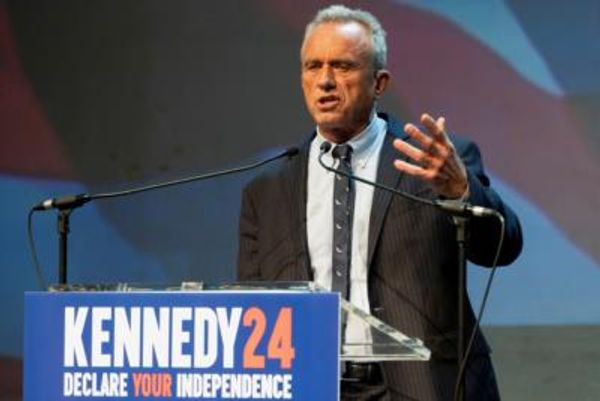
Dozens of Nobel Prize winners have come together to voice their concerns over the nomination of Robert F. Kennedy Jr. to lead the US Department of Health and Human Services. In a letter published by the New York Times, 77 laureates in chemistry, economics, medicine, and physics have urged the US Senate to oppose Kennedy's nomination.
The letter highlights Kennedy's controversial stances on various health-related issues, including his opposition to vaccines, criticism of water fluoridation, promotion of AIDS conspiracy theories, and his negative views on agencies such as the US Food and Drug Administration, the US Centers for Disease Control and Prevention, and the US National Institutes of Health.
The laureates express their concern that appointing Kennedy to lead DHHS could jeopardize public health and undermine America's global leadership in health sciences. They emphasize the importance of nurturing and improving existing health institutions rather than threatening them.



Kennedy has a history of spreading false conspiracy theories about vaccines and has been a prominent figure in the anti-vaccine movement. He has also advocated for the removal of fluoride from public water sources, despite scientific evidence supporting its benefits for dental health.
Furthermore, Kennedy's denial of the link between HIV and AIDS has raised additional red flags among health experts. He claims that AIDS is not caused by the human immunodeficiency virus but rather by immune system depletion due to drug use, a view that contradicts established medical knowledge.
The concerns raised by the Nobel laureates underscore the importance of appointing qualified and scientifically sound individuals to key positions in public health. The debate surrounding Kennedy's nomination reflects broader discussions about the role of evidence-based decision-making in shaping health policies and initiatives.










